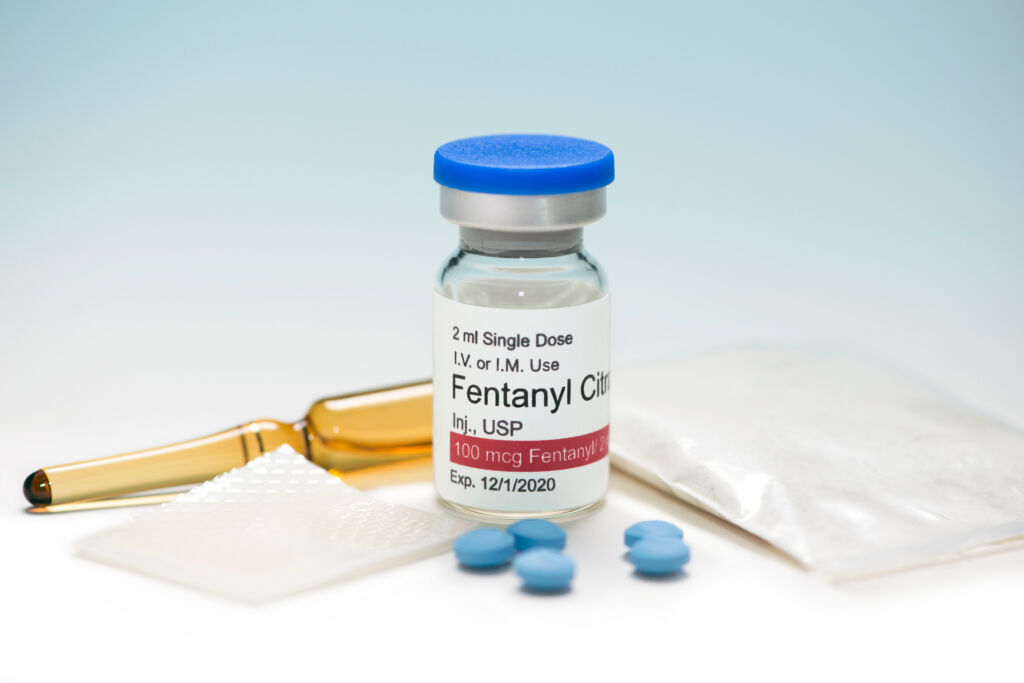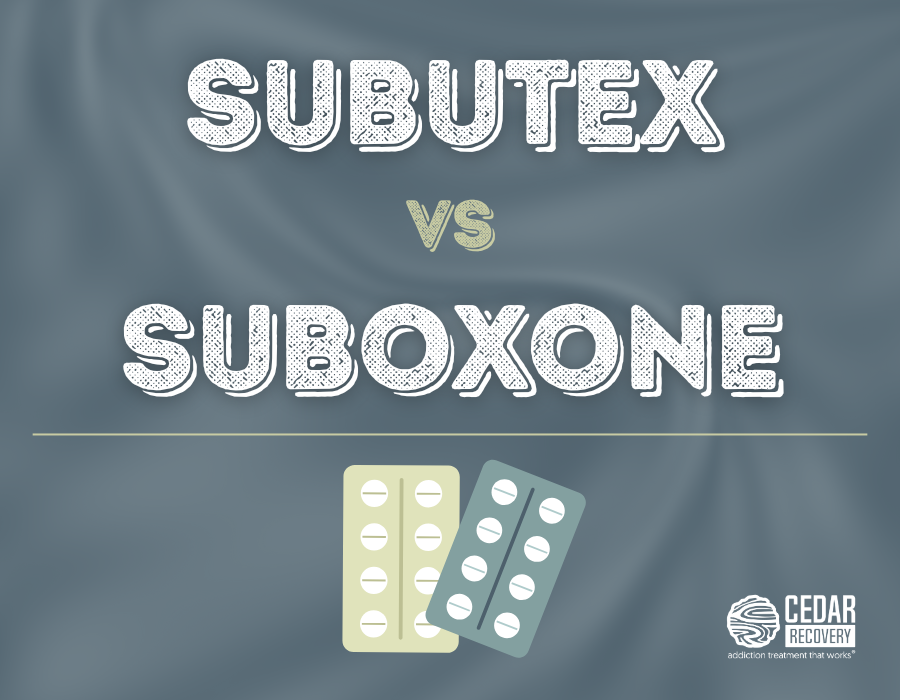Tennessee continues to face one of the most serious public health challenges of our time. Fentanyl, a synthetic opioid far more potent than heroin, is now the leading cause of overdose deaths across the state. While recent reports show some progress, the crisis remains urgent and requires ongoing attention from healthcare providers, policymakers, and communities alike.
In this article, we’ll look at the most recent fentanyl trends, review the latest overdose statistics, and share prevention strategies. We’ll also explore how harm reduction tools such as fentanyl test strips and naloxone are saving lives, and why Medication-Assisted Treatment (MAT) plays such an important role in recovery.

Fentanyl Trends in Tennessee
- In 2022, there were 3,826 drug overdose deaths in the state. More than 3,000 involved opioids, with fentanyl responsible for the vast majority.
- That same year, fentanyl was detected in 73 percent of all fatal overdoses, an increase from the previous year.
- East Tennessee was particularly affected, reporting more than 40 percent of opioid-related overdose deaths.
- In 2023, the overall fatal overdose rate declined by 6.6 percent, from 56 deaths per 100,000 people in 2022 to 52.3 per 100,000. This reduction represents more than 200 lives saved, though the total number of deaths still exceeded 3,800 (Axios Nashville).

Overdose Statistics
- 2022: 3,826 overdose deaths, with nearly three-quarters linked to fentanyl.
- 2023: More than 3,800 lives lost, despite a slight decline in the overall rate.
- Nashville and Davidson County: In early 2024, fentanyl was present in about 63 percent of fatal overdoses, and nearly 79 percent in late 2023 (Nashville Public Health Department).
Overdose Prevention Strategies
Reducing overdose deaths requires a multi-layered approach. Some of the most effective strategies include:
- Fentanyl Test Strips – inexpensive and easy-to-use strips that allow people to check whether drugs contain fentanyl.
- Naloxone Access – since 2017, more than 678,000 naloxone kits have been distributed, with at least 82,000 lives saved (OneTNHealth).
- Do Not Use Alone – encourage individuals not to use drugs alone, or to use hotlines that monitor for overdoses.
- Education and Awareness – community campaigns to raise awareness about fentanyl’s potency and risks.
- Mental Health Support – address underlying trauma, depression, and anxiety that often accompany substance use.
- First Responder Preparedness – train and equip EMTs, police, and firefighters with naloxone.
Medication-Assisted Treatment (MAT)
Prevention saves lives, but treatment gives people a path forward. Medication-assisted treatment (MAT) is the gold standard for opioid use disorder, and it is especially critical for individuals using fentanyl.
What MAT Is
MAT combines FDA-approved medications like buprenorphine, methadone, or naltrexone with counseling and behavioral therapies. This approach helps reduce cravings, stabilizes brain chemistry, and supports long-term recovery.
Why MAT Matters for Fentanyl
Fentanyl’s potency and rapid effects make relapse and overdose extremely likely. MAT reduces those risks by helping individuals manage withdrawal and maintain stability. According to SAMHSA, MAT not only lowers overdose deaths but also improves employment outcomes, reduces transmission of infectious diseases, and helps people stay in treatment.
Expanding Access
Although access to MAT has improved, barriers remain. Rural communities often lack providers, and stigma still prevents many people from seeking care. Opioid settlement funds provide an opportunity to expand services, integrate MAT into hospitals and jails, and ensure that people across the state have access to treatment.
Why Focus Must Continue
- Fentanyl is present in over 70 percent of all overdose deaths.
- The state ranks among the highest in opioid prescribing, with more than 61 prescriptions per 100 people in 2022—well above the national average.
- Over 3,800 families lost loved ones in 2023, highlighting the devastating impact of this crisis.
How You Can Make a Difference
- Support organizations distributing naloxone and fentanyl test strips.
- Advocate for treatment access, especially MAT for fentanyl addiction.
- Partner with local coalitions to reduce stigma and increase awareness.
- Talk openly about addiction and mental health, making it easier for people to seek help.
Common Fentanyl Questions from Tennesseans
- What are the current fentanyl trends in Tennessee?
Overdose rates declined slightly in 2023, but fentanyl remains the leading cause of overdose deaths, involved in more than 70 percent of cases.
- How many fentanyl-related deaths occurred recently?
In 2022, nearly 3,826 Tennesseans died of overdoses, with fentanyl present in most cases. The total number of overdose deaths in 2023 remained over 3,800.
- What prevention strategies work?
The most effective approaches include access to fentanyl test strips, naloxone distribution, education, and encouraging people not to use drugs alone.
- What is MAT and how does it help?
Medication-assisted treatment combines medications such as buprenorphine or methadone with counseling and support. It reduces cravings, lowers overdose risk, and helps individuals stay in recovery.
A Path Forward
Every statistic represents a person whose life was cut short, as well as a family and community left grieving. While progress is being made, this crisis continues to take a heavy toll. The good news is that solutions exist. Expanding prevention tools, reducing stigma, and making medication-assisted treatment widely available can save lives and bring hope to thousands of families.
Seeking Treatment at Cedar Recovery
If you or someone you love is struggling with fentanyl or opioid addiction, help is available. At Cedar Recovery, our mission is to meet people where they are and provide treatment that truly works. Our MAT program uses evidence-based medications such as buprenorphine and methadone, combined with counseling and peer support, to help patients feel better, get better, and stay better.
We believe recovery is possible for everyone. If you are ready to take the first step, Cedar Recovery offers a safe, compassionate environment where you’ll never face judgment—only support. Contact us today to get started.
References
- Axios. (2025, February 25). Overdose deaths down. Axios Nashville. https://www.axios.com/newsletters/axios-nashville-ecf19470-f2f1-11ef-9630-95b1621fe5ab
- Nashville Public Health Department. (2024). Quarterly Drug Overdose Surveillance Update: Q1 2024. Metro Public Health Department of Nashville/Davidson County. https://www.nashville.gov/sites/default/files/2024-05/Quarterly-Drug-Overdose-Surveillance-Update-2024-Q1.pdf
- OneTNHealth. (n.d.). Where Tennessee stands on opioid abuse disorder. https://www.onetnhealth.org/where-we-stand
- Tennessee Department of Health. (n.d.). Drug Overdose Data Dashboard. https://www.tn.gov/health/health-program-areas/pdo/pdo/data-dashboard.html
- Centers for Disease Control and Prevention. (2025, January 10). Drug overdose mortality by state. https://www.cdc.gov/nchs/pressroom/sosmap/drug_poisoning_mortality/drug_poisoning.htm
- Substance Abuse and Mental Health Services Administration. (2024). Medication-assisted treatment (MAT). https://www.samhsa.gov/medication-assisted-treatment




